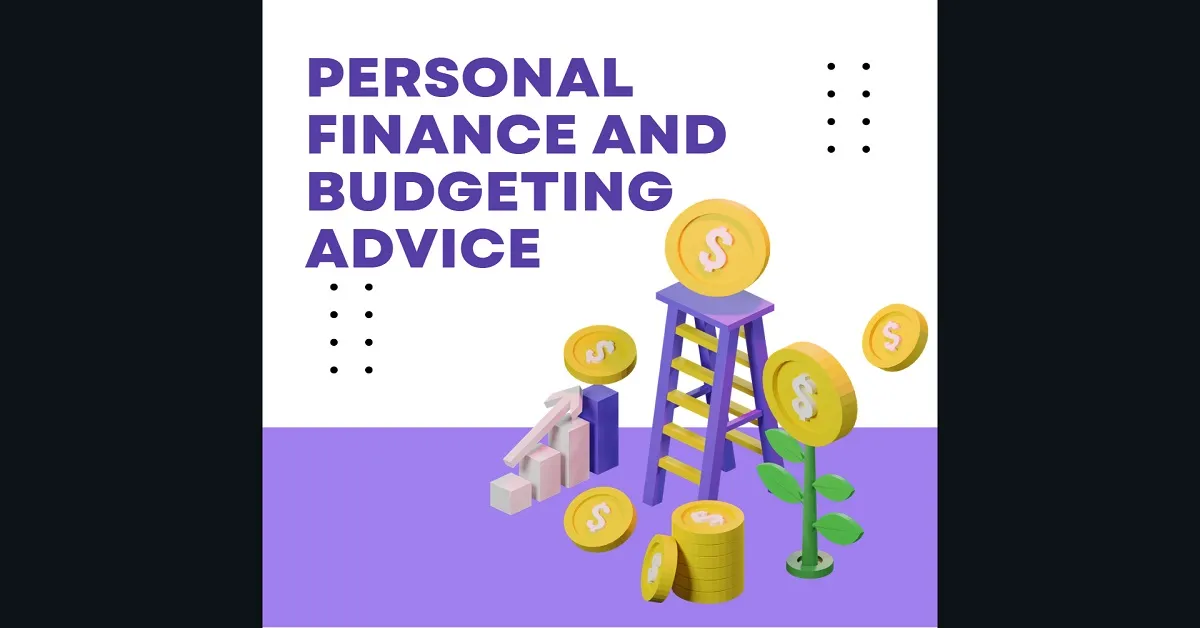Personal finance and budgeting are crucial aspects of managing your money effectively. Whether you’re just starting your financial journey or looking to improve your existing financial situation, understanding how to manage your finances is essential. In this article, we will explore various personal finance and budgeting tips that can help you take control of your financial life and work towards achieving your financial goals.
Why Personal Finance and Budgeting Matter
Personal finance and budgeting matter because they provide a roadmap for your financial success. Without proper financial management, it’s easy to fall into debt, struggle with savings, and lack a clear direction for your financial future. By practicing effective personal finance and budgeting techniques, you can gain financial independence, reduce stress, and make informed decisions about your money.
Setting Financial Goals
The first step in personal finance and budgeting is to set clear financial goals. Start by identifying what you want to achieve financially, whether it’s saving for a down payment on a house, paying off debt, or building an emergency fund. Setting specific, measurable, achievable, relevant, and time-bound (SMART) goals will help you stay focused and motivated throughout your financial journey.
Creating a Budget
A budget is a fundamental tool for managing your finances. It allows you to track your income, expenses, and savings. To create a budget, start by calculating your monthly income from various sources. Then, list all your necessary expenses, such as rent/mortgage, utilities, groceries, and transportation. Allocate a portion of your income to savings and prioritize debt payments. Remember to leave room for discretionary spending but be mindful of overspending.
Tracking Expenses
Tracking your expenses is crucial to understanding your spending habits and making necessary adjustments. Keep a record of all your expenses, whether it’s through a mobile app, spreadsheet, or a dedicated budgeting tool. Categorize your expenses and analyze where your money is going. This will help you identify areas where you can cut back and make more informed spending decisions.
Reducing Debt and Saving Money
Debt can be a significant obstacle to achieving financial stability. Focus on paying off high-interest debts first, such as credit card debt or personal loans. Consider strategies like the debt snowball or debt avalanche methods to accelerate your debt repayment. Simultaneously, aim to save money regularly. Start with a small percentage of your income and gradually increase it. Establish an emergency fund to cover unexpected expenses and avoid relying on credit cards or loans.
Investing for the Future
Investing is a key component of long-term financial growth. Consider investing in retirement accounts like PPF or NPS, taking advantage of employer matching programs whenever possible. Explore other investment options, such as stocks, bonds, mutual funds, or real estate, depending on your risk tolerance and financial goals. Educate yourself about investing or consult a financial advisor to make informed investment decisions.
Building an Emergency Fund
Having an emergency fund is crucial for financial stability. Aim to save three to six months’ worth of living expenses in a separate account. This fund will act as a safety net during unexpected situations like job loss, medical emergencies, or major home repairs. Start by saving a small portion of your income and gradually build it up over time.
Managing Credit and Debt
Maintaining a good credit score is essential for accessing credit and favorable interest rates. Pay your bills on time, keep your credit utilization low, and avoid unnecessary debt. Regularly review your credit report for errors or discrepancies. If you’re struggling with debt, consider debt consolidation or negotiation with creditors to create manageable payment plans.
Maximizing Income
Increasing your income can significantly impact your financial well-being. Explore opportunities for career advancement, additional education or certifications, side hustles, or freelance work. Look for ways to monetize your skills or hobbies. Consider negotiating your salary or seeking higher-paying job opportunities. By maximizing your income, you can have more resources to save, invest, and achieve your financial goals.
Tax Planning and Optimization
Understanding the tax system and optimizing your tax strategy can lead to substantial savings. Take advantage of tax deductions, credits, and exemptions available to you. Contribute to retirement accounts or health savings accounts to reduce your taxable income. Consider consulting a tax professional for personalized advice based on your financial situation.
Insurance and Risk Management
Insurance plays a vital role in protecting your financial well-being. Evaluate your insurance needs, including health, life, auto, home, and disability insurance. Ensure you have adequate coverage to mitigate financial risks. Shop around for the best insurance policies that suit your needs and budget.
Retirement Planning
Planning for retirement is essential, regardless of your age. Start saving for retirement as early as possible to take advantage of compounding growth. Contribute to retirement accounts consistently and take advantage of employer matching programs. Estimate your retirement needs and adjust your savings accordingly. Consider consulting a financial advisor for personalized retirement planning advice.
Teaching Personal Finance to Children
Financial education is crucial for children to develop healthy money habits. Teach them about budgeting, saving, and the importance of delayed gratification. Encourage them to earn and manage their own money through allowances or part-time jobs. Introduce basic concepts of investing and the value of long-term financial planning. By instilling financial literacy at a young age, you can set them up for future financial success.
Conclusion
Personal finance and budgeting are essential skills for managing your money effectively and achieving financial goals. By setting clear goals, creating a budget, tracking expenses, reducing debt, saving, investing, and planning for the future, you can take control of your financial life. Remember to make adjustments along the way and seek professional advice when needed. Take the necessary steps today to secure a brighter financial future.
FAQs
1. How do I create a budget?
Creating a budget involves identifying your income, listing necessary expenses, allocating funds for savings, and monitoring your spending. Consider using budgeting apps or tools to simplify the process.
2. How can I reduce my debt?
Start by prioritizing high-interest debts and consider strategies like the debt snowball or debt avalanche methods. Explore options for debt consolidation or negotiation with creditors to create manageable payment plans.
3. Is it important to have an emergency fund?
Yes, having an emergency fund is crucial for financial stability. It acts as a safety net during unexpected situations and helps you avoid relying on credit cards or loans.
4. How can I maximize my income?
Explore opportunities for career advancement, additional education or certifications, side hustles, or freelance work. Negotiate your salary, seek higher-paying job opportunities, or monetize your skills or hobbies.
5. Why is retirement planning important?
Planning for retirement ensures you have enough savings to support yourself when you stop working. Starting early allows your investments to grow over time, taking advantage of compounding returns.





Pingback: Financial Freedom: Strategies For A Brighter Tomorrow - Bitsify